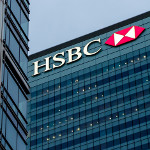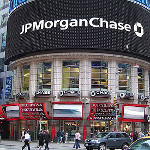Former Woodbridge Group CEO Gets 25 Years in $1.3-Billion Fraud
Robert Shapiro, the former chief executive of Woodbridge Group of Cos., received the maximum sentence of 25 years in prison for running a $1.3-billion fraud that caused more than 7,000 retirees and other investors to lose money, reports Bloomberg.
Shapiro lured investors with promises of returns as high as 10 percent from investments in loans to property developers. Instead, he used money from new investors to repay earlier ones and used $36 million to buy luxury homes, wines, paintings and custom jewelry for his wife, according to Bloomberg’s Bob Van Voris.
“Prosecutors said Shapiro moved money through a network of 270 limited liability companies that he controlled. Investors lost $450 million, according to the government,” Van Voris writes.








